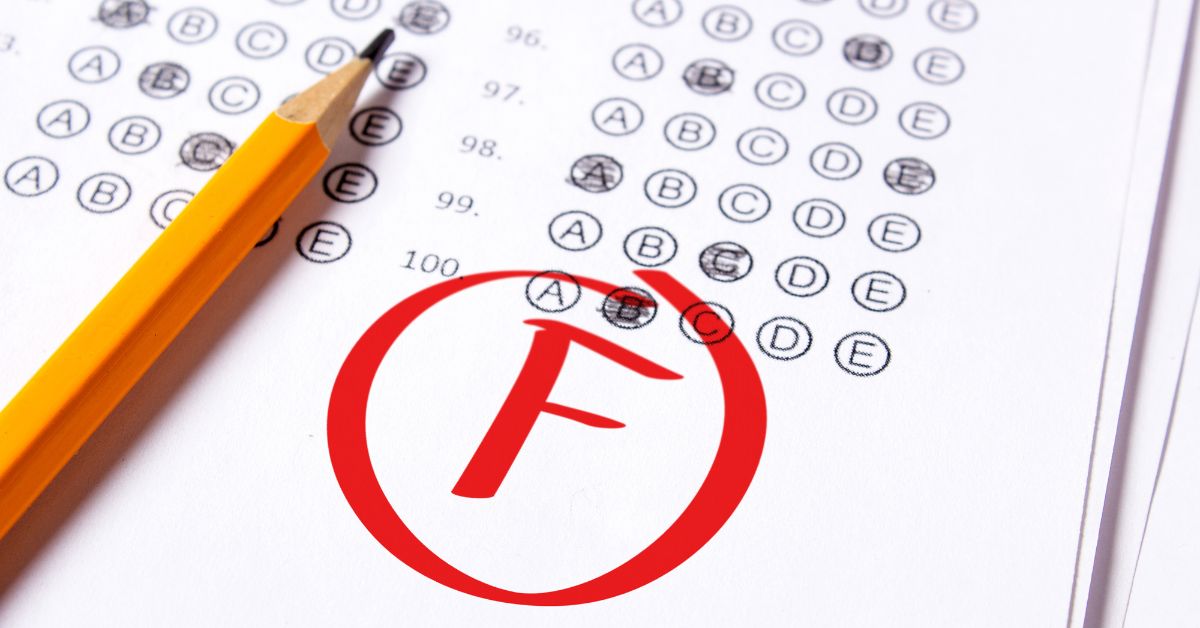It is not an unknown fact that exams can be a nerve-wracking time for parents and students alike. The pressure to succeed seems immense, and the fear of failure often looms large. But what happens when the dreaded “F” word becomes reality? This blog is all about navigating the delicate conversation about exam results, focusing not just on achieving good grades but on promoting a healthy parent-child relationship built on support and understanding.
In this article:
The Cut-Throat World and the Pressure to Perform
We live in a competitive world where exam scores often feel like the key to a brighter future. Top colleges, coveted placements—everything seems to hinge on those marks. It’s natural to want your child to excel, but it’s equally important to recognize that not everyone can be a top scorer. The constant pressure to outperform others can be paralyzing. Comparisons with siblings or peers only exacerbate the anxiety. Remember, if your approach to success is based solely on “if their child can, why can’t mine,” you might be creating a breeding ground for fear and insecurity.
Failure: A Life Lesson, Not a Life Sentence
Failure is an inevitable part of life. It’s a stepping stone, not a dead end. Yet, our obsession with achievement often leads us to demonize it. This fear of failure can leave a lasting emotional scar. As parents, we must embrace a more compassionate perspective.
The Show Monkey Syndrome: Love Shouldn’t Be Conditional
Have you ever felt a pang of disappointment when your child’s report card wasn’t what you envisioned? It’s okay to have expectations, but remember, your love shouldn’t be contingent on grades. A child who feels like a performing monkey, constantly judged based on results, will grow up with crippling self-doubt. Unconditional love and acceptance are the bedrock of a healthy parent-child relationship, regardless of academic performance.
Shifting the Focus: From Marks to Mastery
The race for higher-ranking institutions often overshadows the true purpose of education—learning and growth. Yes, encouraging your child to put in their best effort is important, but it shouldn’t come at the cost of their mental well-being. Focus on the process, not just the product. Celebrate their perseverance, their passion for learning, and their progress.
Talking About Failure: Tips for Parents
- Embrace Open Communication: Create an environment where your child feels comfortable discussing their anxieties and fears. Normalize the possibility of failure.
- Active Listening, Not Preaching: When your child expresses concerns about exams, listen without judgment. Validate their feelings and offer empathy.
- Reframing the Narrative: Help your child see failure as a learning opportunity. Discuss strategies to improve for next time.
- Focus on Strengths: Don’t get fixated on weaknesses. Acknowledge their victories, big and small. Celebrate their progress in areas where they excelled.
- Seek Guidance: Sometimes, professional advice can be helpful. Therapists can help both you and your child develop healthy coping mechanisms.
Parents, Heal Your Own Wounds
Let’s face it, our own experiences with failure can color how we react to our children’s struggles. Take ownership of your own anxieties. Address any unresolved issues related to your past experiences with failure. Remember, your emotional baggage shouldn’t be passed on to your child.
Final Thoughts
Failure is not a taboo topic. It’s a crucial part of the learning journey. By fostering open communication, building unconditional love, and focusing on growth, parents can help their children weather the storms of exam anxiety and emerge stronger and more resilient. Remember, their well-being matters far more than any exam score.







